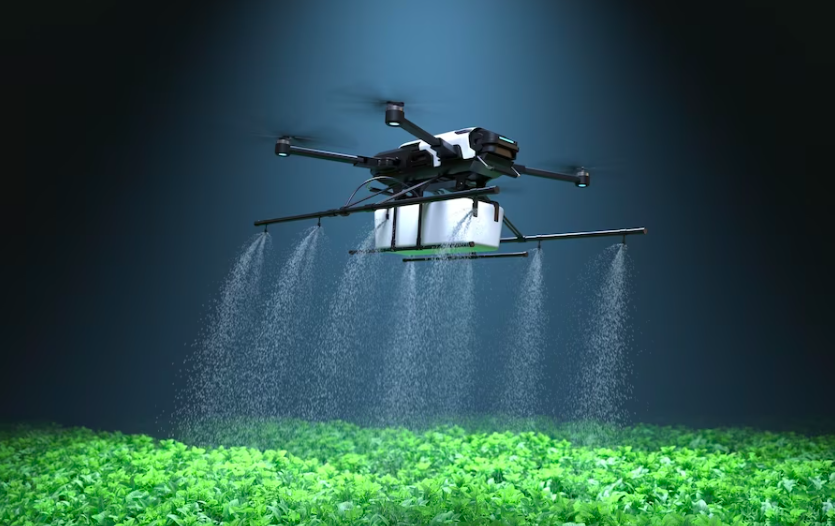AI-Driven Agriculture: Revolutionizing Global Food Production

Introduction
In the realm of modern agriculture, the integration of Artificial Intelligence (AI) has emerged as a game-changer. The following article delves into the transformative role of AI in agriculture and its profound impact on meeting the ever-growing global food demand.
Harnessing AI for Precision Farming
Optimizing Crop Management
AI-powered systems have ushered in a new era of precision farming. Through the utilization of sensors, data analytics, and machine learning algorithms, farmers can now make informed decisions to optimize crop management. These technologies allow for real-time monitoring of soil conditions, weather patterns, and crop health, enabling farmers to apply fertilizers and pesticides precisely where needed, reducing waste and maximizing yield.
Predictive Analytics for Crop Yield
One of the key advantages of AI in agriculture is its ability to predict crop yields with remarkable accuracy. By analyzing historical data, weather forecasts, and satellite imagery, AI algorithms can generate precise predictions of crop output. This invaluable information empowers farmers to plan their harvests effectively, ensuring a steady supply of food to meet global demands.
Enhancing Livestock Management
Health Monitoring with AI
AI-driven applications extend beyond crop management into livestock farming. Farmers can now monitor the health and well-being of their animals with greater efficiency. Wearable sensors and AI algorithms can detect early signs of illness, enabling prompt intervention and reducing the risk of disease outbreaks. This not only enhances animal welfare but also safeguards food production.
Optimal Feeding Strategies
AI algorithms analyze vast datasets to determine optimal feeding strategies for livestock. By considering factors such as animal age, weight, and nutritional requirements, these systems ensure that animals receive the right nutrition, leading to healthier livestock and higher-quality meat products.
Smart Irrigation and Resource Management
Water Conservation
Water scarcity is a pressing global concern, and agriculture is a significant consumer of this precious resource. AI-driven irrigation systems are designed to maximize water efficiency by delivering the right amount of water to crops precisely when needed. This not only conserves water but also reduces energy consumption and operational costs for farmers.
Minimizing Environmental Impact
AI's role in agriculture extends to sustainable practices. By analyzing data on soil quality, weather patterns, and historical farming practices, AI algorithms help farmers make environmentally conscious decisions. This leads to reduced chemical usage, minimized soil erosion, and a decreased carbon footprint, aligning agriculture with global sustainability goals.
Conclusion
In conclusion, AI-driven agriculture is revolutionizing global food production. The integration of AI technologies into farming practices enhances precision, optimizes resource management, and promotes sustainability. As we move forward, AI will continue to play a pivotal role in meeting the ever-increasing global food demand, ensuring a more secure and prosperous future for all.


